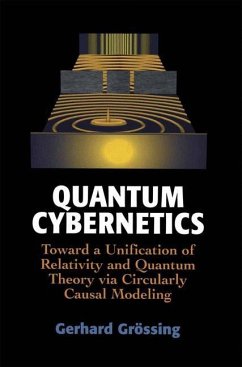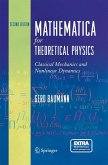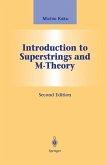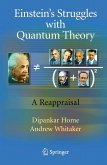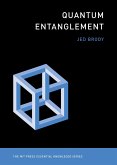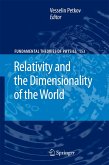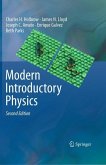Some 350 years ago, in his Discorsi e Dimostrationi Matematici [Galilei], Galileo Galilei discussed whether or not light propagated with a finite though very high velocity, or with infinite speed, instantaneously. The ques tion was an open one then, with prominent proponents for either position. For example, Rene Descartes argued on philosophical grounds that light dispersed itself into all of space instantaneously, whereas Galileo was more inclined toward the idea of a finite velocity. In fact, he even reported about an early experiment, which, however, would have to be refined and per 1 formed again to reach a definite conclusion. "Sagredo: ... However, of which kind, and how high might we estimate the velocity of light? Is the appearance instantaneous, momentaneous, or, like other movements, temporal? Could one decide this experimentally? Simplicio: Daily experience teaches us, that the spreading of light be instantaneous; if in a large distance the artillery per forms shooting exercises, we see the glare of the flame without the ear perceives the sound only after some time delay, while considerable time.
Bitte wählen Sie Ihr Anliegen aus.
Rechnungen
Retourenschein anfordern
Bestellstatus
Storno

